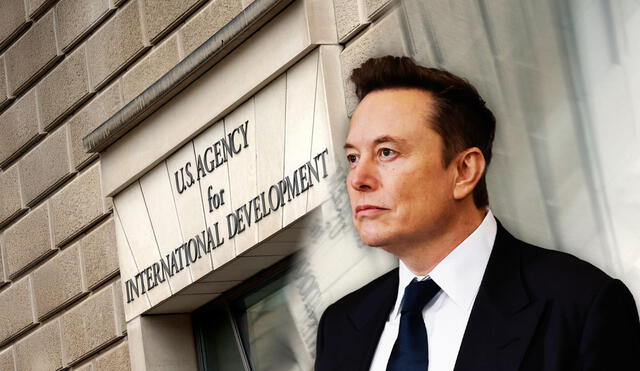Elon Musk says DOGE mistake played role in Ebola prevention cuts amid USAID reductions: ‘We won’t be perfect’
Elon Musk's Department of Government Efficiency (DOGE) inadvertently terminated a crucial USAID Ebola control program amid extensive agency cuts. The error, acknowledged and swiftly corrected, has ignited discussions about the implications of rapid governmental restructuring on global health efforts.

In a recent cabinet meeting, Elon Musk, head of the Department of Government Efficiency (DOGE), declared an inadvertent termination of a USAID program focused on Ebola protection. This incident has intensified debates over the rapid restructuring of federal agencies and its potential impact on international medical efforts.
During the conference, Musk admitted that DOGE had "accidentally" canceled the Ebola avoidance plan while broader cuts the United States Agency for International Development (USAID). He stated, "We will make mistakes. We won't be perfect, but when we make mistakes we'll fix it very quickly." Musk emphasized that upon discovering the fault, the agenda was promptly reinstated to prevent any disruption in Ebola prevention efforts.
How did Elon Musk’s cuts impact USAID and global health programs?
Musk’s budget reductions have significantly altered USAID’s operations, disrupting international well-being initiatives and emergency response programs. His push to streamline the federal workforce resulted in massive staff cuts, affecting the agency’s ability to handle crises. While Musk maintains that efficiency is necessary to meet financial goals, critics argue that essential services are being sacrificed in the process. The temporary cancellation of Ebola prevention efforts is seen as a warning sign of the deeper issues caused by these abrupt changes.
The USAID personnel has been drastically reduced, with thousands of employees placed on leave and only 600 remaining to oversee key projects. Specialists, including former USAID official Jeremy Konyndyk, argue that Musk’s decreases have severely weakened the country’s skill to respond to worldwide outbreaks. “Most experts and operations staff have been pushed out,” Konyndyk warned, adding that the dismantling of USAID’s systems could have long-term consequences for transnational medicine security.
What are the long-term consequences of Musk’s cuts to USAID?
Health experts warn that USAID’s reduced capacity could leave the U.S. and its global partners vulnerable to future outbreaks. Jeremy Konyndyk, who led the response to the 2014-2015 West Africa Ebola crisis, argues that Musk’s cuts have dismantled key urgency response systems. He stated, “The government’s ability to protect the U.S. from global outbreak risks has been wrecked.” With USAID’s operations centers shut down and its partnerships weakened, critics fear delayed responses to wellness emergencies must have deadly consequences.
Beyond public health risks, the political fallout from Musk’s aggressive cost-cutting continues to grow. Lawmakers and international organizations have raised concerns about the U.S. retreating from international health leadership. Despite Musk’s insistence that efficiency is vital, commentators argue that reckless downsizing could harm long-standing diplomatic and humanitarian efforts.












